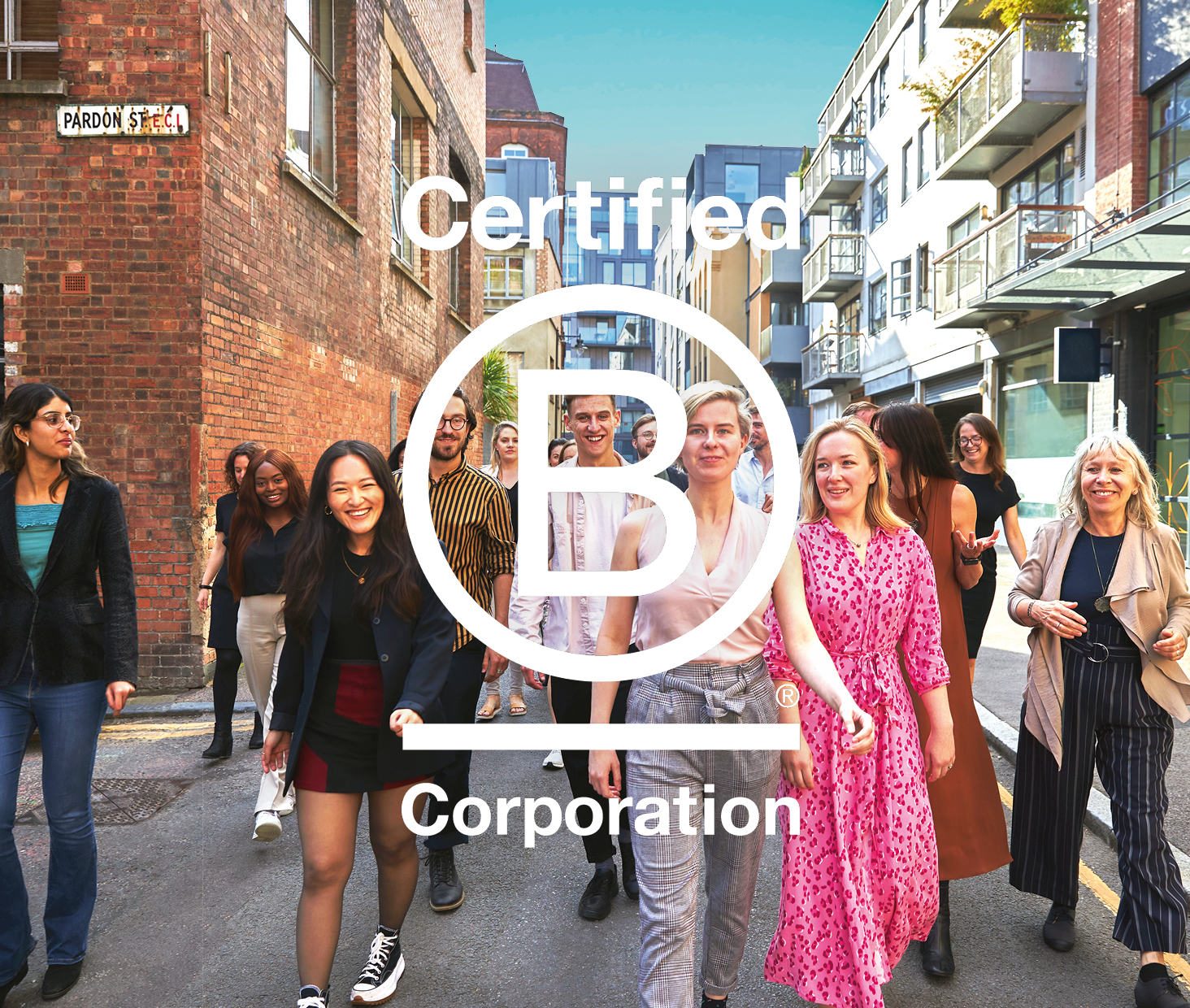

Third City

London Borough of Islington, United Kingdom
July 2022
Advertising & market research
Service with Minor Environmental Footprint
United Kingdom
Established in 2011 and still independent and owner-managed, Third City is one of the UK’s leading independent PR agencies. Our belief, expressed in our proposition ‘Comms for a New Economy’, is that progressive communications does not allow for a distinction between stakeholder and consumer audiences. We offer clients a holistic approach to their communications that encompasses corporate and consumer PR, brand strategy, digital and public affairs. We do not focus on a specific sector, but our ability to blend corporate and consumer communications and deliver brand strategy as well as creative campaigns means that we attract many clients from tech adjacent high growth sectors, most notably fintech, healthcare, direct-to-consumer goods, ed tech and TMT, as well as government and not-for-profit sectors. We are also well known for delivering cause-based campaigns that raise awareness and change behaviour. Our current client list includes Kia, Expedia, Bupa, BNP Paribas, G.Network and Zurich. We’ve won more than 50 industry awards in the past two years for campaign work across the corporate, consumer, ESG, digital and social purpose categories in PR Week, PRCA, CIPR and the PR Moment awards.
Overall B Impact Score
Governance 18.6
Governance evaluates a company's overall mission, engagement around its social/environmental impact, ethics, and transparency. This section also evaluates the ability of a company to protect their mission and formally consider stakeholders in decision making through their corporate structure (e.g. benefit corporation) or corporate governing documents.
What is this? A company with an Impact Business Model is intentionally designed to create a specific positive outcome for one of its stakeholders - such as workers, community, environment, or customers.
Workers 38.5
Workers evaluates a company’s contributions to its employees’ financial security, health & safety, wellness, career development, and engagement & satisfaction. In addition, this section recognizes business models designed to benefit workers, such as companies that are at least 40% owned by non-executive employees and those that have workforce development programs to support individuals with barriers to employment.
Community 24.0
Community evaluates a company’s engagement with and impact on the communities in which it operates, hires from, and sources from. Topics include diversity, equity & inclusion, economic impact, civic engagement, charitable giving, and supply chain management. In addition, this section recognizes business models that are designed to address specific community-oriented problems, such as poverty alleviation through fair trade sourcing or distribution via microenterprises, producer cooperative models, locally focused economic development, and formal charitable giving commitments.
Environment 8.5
Environment evaluates a company’s overall environmental management practices as well as its impact on the air, climate, water, land, and biodiversity. This includes the direct impact of a company’s operations and, when applicable its supply chain and distribution channels. This section also recognizes companies with environmentally innovative production processes and those that sell products or services that have a positive environmental impact. Some examples might include products and services that create renewable energy, reduce consumption or waste, conserve land or wildlife, provide less toxic alternatives to the market, or educate people about environmental problems.
Customers 5.4
Customers evaluates a company’s stewardship of its customers through the quality of its products and services, ethical marketing, data privacy and security, and feedback channels. In addition, this section recognizes products or services that are designed to address a particular social problem for or through its customers, such as health or educational products, arts & media products, serving underserved customers/clients, and services that improve the social impact of other businesses or organizations.
What is this? A company with an Impact Business Model is intentionally designed to create a specific positive outcome for one of its stakeholders - such as workers, community, environment, or customers.